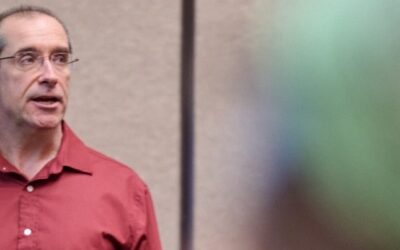I have a new obsession: Audiobooks. My love for them has been growing over the last few months, but I have gotten to the point where they are one of the only types of media that I am consuming anymore.
Before beginning the chiropractic program, I used to read for pleasure all the time, now it’s something that only happens on breaks. It feels great to be in the middle of three different books, rotating between fiction and non-fiction, some of it related to school, but mostly not. My long commute is so much more enjoyable and productive now!

I recently finished a book by Alan Alda (think Hawkeye Pierce from M.A.S.H.) titled, “If I understood you, would I have this look on my face?” The whole book addresses issues with communication from the world of acting, to the struggles of neuro-diverse children, like those on the autism spectrum.
In the beginning, Alan Alda talks about how a miscommunication with a dentist resulted in him getting a surgical procedure that interfered with him being able to move his mouth expressively. An inconvenience for the average person, but catastrophic for an actor, he had to retrain his face to convey meaning. He goes on to talk about the problems that doctors and those in science have with communicating with those not in their field. We spend so much time around those who can speak with the same jargon as us that we forgot that we truly are speaking a different language. It can interfere with us being able to show empathy and with our patients understanding their health conditions. This is a subject that we talk about in our classes, but it doesn’t totally register until we are sitting face-to-face with a patient.
Quite a few of my more humbling experiences with patients have involved a communication breakdown. But never you worry, Alan Alda has a solution for us, Improvisational Acting. He is involved with an organization that works teaching improv acting and presenting skills to scientists. The thought is that if scientists can communicate more clearly about the projects that they are working on, then it would be easier to get funding to keep working on them, thus improving society by advancing technology. It’s not just about being able to talk in front of people though, it is about being able to read your audience and make adjustments as you go. If you would like to try this out for yourself and don’t want to put in a big financial investment look for a local Toastmasters meeting where you can get opportunities to practice speaking in front of people with constructive feedback.




0 Comments